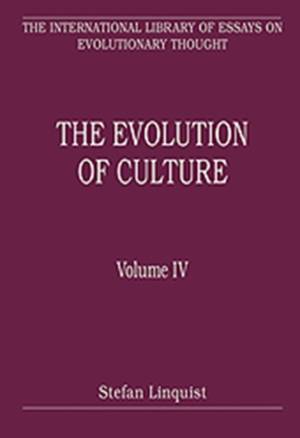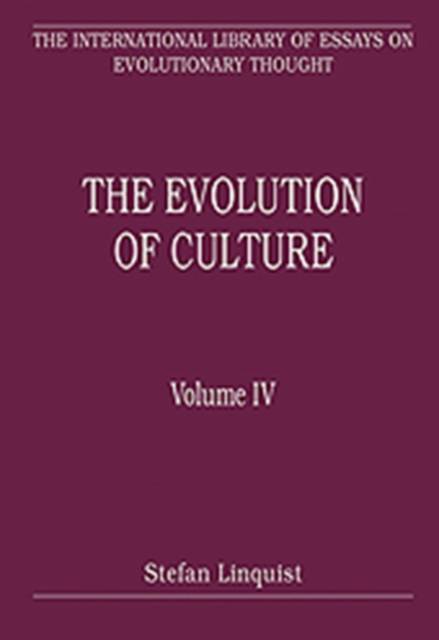
- Afhalen na 1 uur in een winkel met voorraad
- Gratis thuislevering in België vanaf € 30
- Ruim aanbod met 7 miljoen producten
- Afhalen na 1 uur in een winkel met voorraad
- Gratis thuislevering in België vanaf € 30
- Ruim aanbod met 7 miljoen producten
Zoeken
The Evolution of Culture
Volume IV
€ 391,95
+ 783 punten
Omschrijving
Recent years have seen a transformation in thinking about the nature of culture. Rather than viewing culture in opposition to biology, a growing number of researchers now regard culture as subject to evolutionary processes. Recent developments in this field have shifted some of the traditional academic fault lines. Alliances are forming between researchers trained in anthropology, evolutionary biology, psychology and philosophy. Meanwhile, several distinct schools of thought have appeared which differ in their vision of what an evolutionary approach to culture should look like. This volume contains some of the most influential publications on these subjects from the past few decades. A theoretical background chapter and critical introduction identify the core issues at stake in the new study of cultural evolution. These chapters are followed by sections on each of the four dominant approaches: the phylogenetic approach, memetics, dual inheritance theory and niche construction. Following these are two chapters on closely related topics: the psychological mechanisms of culture and the existence of culture in non-human animals. Overall, this volume provides an up to date overview of some of the most exciting trends in contemporary evolutionary thought.
Specificaties
Betrokkenen
- Uitgeverij:
Inhoud
- Aantal bladzijden:
- 538
- Taal:
- Engels
- Reeks:
Eigenschappen
- Productcode (EAN):
- 9780754627616
- Verschijningsdatum:
- 2/07/2010
- Uitvoering:
- Hardcover
- Formaat:
- Genaaid
- Afmetingen:
- 168 mm x 245 mm
- Gewicht:
- 1247 g

Alleen bij Standaard Boekhandel
+ 783 punten op je klantenkaart van Standaard Boekhandel
Beoordelingen
We publiceren alleen reviews die voldoen aan de voorwaarden voor reviews. Bekijk onze voorwaarden voor reviews.










